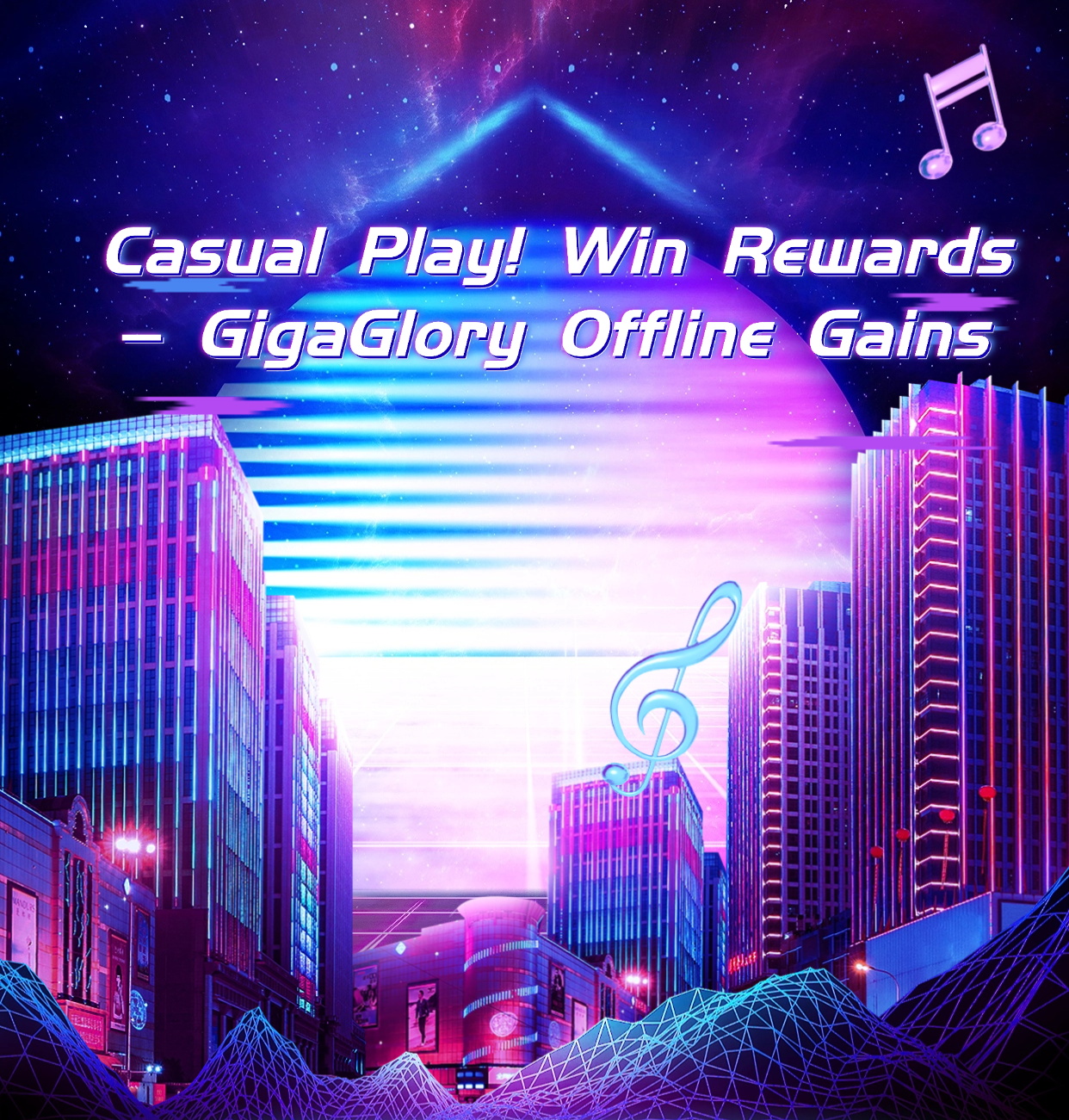Unlock Your Creativity: Why Indie Puzzle Games Are Captivating Gamers Everywhere
In today’s gaming landscape, indie puzzle games have started to carve out a niche that appeals to a wide variety of players. These games not only offer unique aesthetics but also engage players in ways that can be both mentally stimulating and emotionally satisfying. So why are indie puzzle games becoming so popular and captivating the attention of gamers across Finland and beyond? Let’s dive deeper.
The Rise of Indie Puzzle Games
Over the past decade, indie developers have drastically changed the gaming landscape. Unlike major game studios, indie developers often have the freedom to explore unconventional ideas and artistic styles. This creative liberty often leads to the development of captivating puzzle games that provide players with a refreshing break from mainstream offerings.
Crafting Unique Experiences
Many indie puzzle games focus heavily on storytelling and art. Consider titles like Fez or The Witness; these games do not just challenge your mind but also draw you into their worlds through stunning visuals and compelling narratives. The intricate designs and rich lore many indie games possess encourage players to engage more deeply than they might in more formulaic games.
Why Puzzle Games?
- Mental Stimulation: Puzzle games challenge players’ cognitive abilities, enhancing problem-solving skills.
- Relaxation: Many players enjoy the meditative quality of solving puzzles without the pressure usually found in other genres.
- Community Driven: Indie games often foster tight-knit communities where players share strategy guides and gameplay experiences.
Engagement through Innovative Mechanics
Indie developers often think outside of the box when it comes to game mechanics. For example, in indie puzzle games, players might manipulate the environment in unexpected ways to progress through challenges. This fresh approach encourages gamers to approach problems creatively, which enhances the overall gaming experience.
A Look at Successful Indie Puzzle Games
| Game Title | Platform | Release Year | Play Style |
|---|---|---|---|
| Fez | PlayStation, Xbox, PC | 2012 | 2D/3D Puzzle Platformer |
| The Witness | PlayStation, PC, iOS | 2016 | First-Person Puzzle |
| Braid | Multiple Platforms | 2008 | Time Manipulation Puzzle |
| Gorogoa | Multiple Platforms | 2017 | Picture Puzzle |
Comparing Indie and Mainstream Puzzle Games
It is vital to understand how indie puzzle games stack up against their mainstream counterparts. While mainstream titles often focus on broad market appeal, indie titles often have niche themes that can resonate with specific audiences.
- Creativity: Indie games often showcase unique styles and stories compared to generic puzzle mechanics found in numerous mainstream titles.
- Emotional Depth: Many indie games evoke feelings and thoughts that linger long after the game is played.
- Innovation: Indie developers are not afraid to experiment with new ideas and mechanics, unlike larger studios that tend to stick to proven formulas.
Indie Puzzle Games and the Finnish Audience
In Finland, there’s a growing wave of support for indie developers, translating into a vibrant gaming culture. Finnish gamers appreciate the fresh perspective and innovation that indie puzzle games bring. Many of these games leverage local storytelling traditions or artistic styles, capturing the attention and hearts of players.
The Future of Indie Puzzle Games
As technology continues to evolve and platforms like the PlayStation 2 give way to newer systems, the future looks bright for indie puzzle games. With the rise of digital storefronts, indie developers have more accessibility than ever before to launch their creations. This influx will likely lead to an increase in innovative puzzle titles that cater to players looking for something truly unique.
Conclusion
The allure of indie puzzle games lies in their ability to provoke thought, inspire creativity, and offer a uniquely personal gaming experience. As the gaming industry evolves, it’s clear that these games will continue to capture the hearts and minds of gamers. They invite players to explore, think outside the box, and find tranquility in problem-solving—a welcome contrast to the chaos often found in mainstream gaming.



